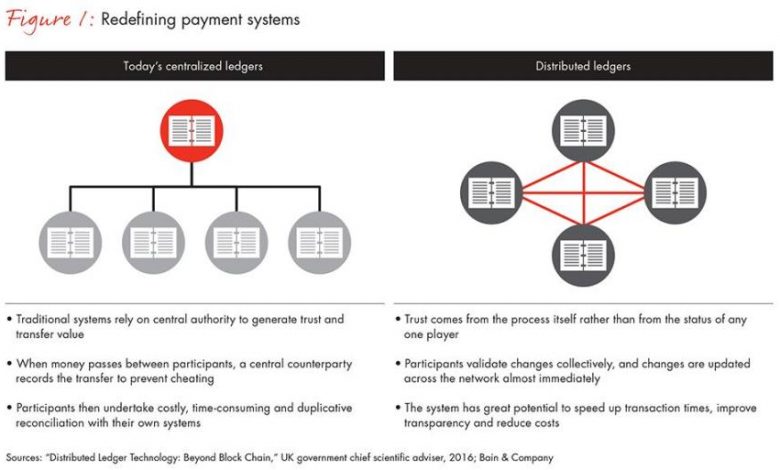Fastpay and Blockchain: Exploring the Potential of Distributed Ledgers

Fastpay and Blockchain: Exploring the Potential of Distributed Ledgers
Introduction
The rise of blockchain technology has revolutionized various industries, and one of the sectors that can benefit significantly from it is the financial sector. Fastpay, an innovative payment solution, leverages the power of blockchain and distributed ledgers to streamline financial transactions and provide enhanced security. In this article, we will explore the potential of distributed ledgers and how Fastpay utilizes blockchain technology for efficient and secure payments.
What is Fastpay?
Fastpay is a next-generation payment platform that enables instant, secure, and low-cost transactions. Built on blockchain technology, Fastpay eliminates the need for intermediaries, such as banks, while ensuring transparency and trust. It uses distributed ledgers to record and validate transactions, offering a decentralized and secure infrastructure for financial operations.
How does Fastpay leverage Blockchain?
Fastpay leverages blockchain technology by utilizing distributed ledgers, a key component of blockchain networks. Distributed ledgers store transaction data across multiple nodes, ensuring that no single entity has complete control over the system. This decentralized approach enhances security, eliminates the risk of data tampering, and provides transparency and accountability.
The Benefits of Fastpay with Blockchain
1. Fast and Efficient: Fastpay enables instant transactions without the need for intermediaries, reducing transaction time significantly.
2. Low Transaction Costs: By eliminating intermediaries, Fastpay cuts down on transaction fees, making it a cost-effective solution for businesses and consumers.
3. Increased Security: The decentralized nature of blockchain ensures that transaction data is stored across multiple nodes, making it nearly impossible for hackers to alter or manipulate the data.
4. Transparency and Trust: Distributed ledgers provide transparency and immutability, allowing users to trace and verify transactions, enhancing trust among participants.
5. Global Accessibility: Fastpay allows users to send and receive payments globally without the need for traditional banking systems, making it accessible to anyone with an internet connection.
FAQs:
1. How does Fastpay ensure transaction security?
Fastpay ensures transaction security through the use of blockchain technology. By leveraging a decentralized network of participants and distributed ledgers, Fastpay eliminates single points of failure and provides robust security against data tampering and hacking attempts.
2. Can Fastpay handle large transaction volumes?
Yes, Fastpay is designed to handle large transaction volumes. With its scalable infrastructure and fast transaction processing capabilities, it can efficiently manage high volumes of transactions without compromising on speed or security.
3. Is Fastpay compatible with existing banking systems?
Yes, Fastpay integrates seamlessly with existing banking systems, making it a versatile payment solution for businesses and individuals. Its compatibility allows for easy adoption and integration with existing financial infrastructures.
4. How does Fastpay ensure transaction privacy?
Fastpay ensures transaction privacy by employing advanced encryption techniques. User identities are kept confidential, and personal transaction details are securely stored on the blockchain network, accessible only to the intended participants.
Conclusion
Fastpay, powered by blockchain technology, offers a compelling solution for modern financial transactions. By leveraging distributed ledgers, it provides a secure, efficient, and transparent platform for instant payments. With its many benefits, Fastpay has the potential to reshape the future of the financial industry, making transactions faster, cheaper, and more secure.



